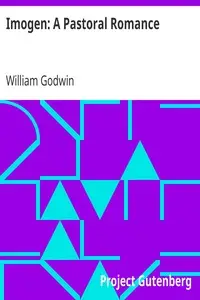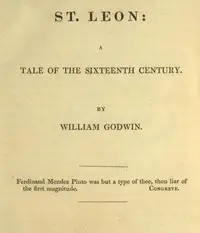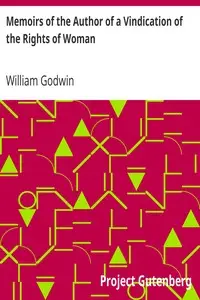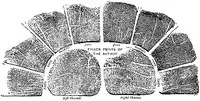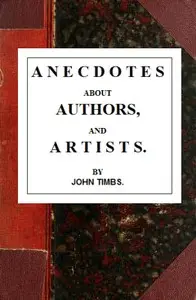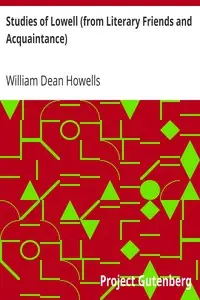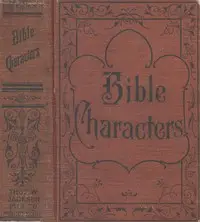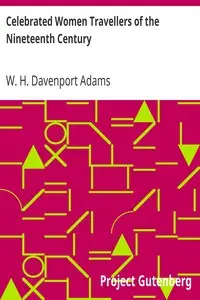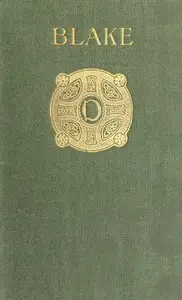"Lives of the Necromancers" by William Godwin is a historical account written in the early 19th century, focusing on the lives and claims of individuals throughout various ages who professed or were accused of possessing magical powers. The book explores the concept of necromancy alongside various forms of sorcery and witchcraft, highlighting humanity's long-standing fascination and credulity regarding the supernatural. The opening of Godwin’s work lays a philosophical foundation, examining the nature of human ambition and the desire to reach beyond the constraints of reality into realms of the unknown. Godwin elaborates on how this ambition has historically led people to engage in divination, augury, and other mystical practices as they sought insights into or control over the future. He discusses the interplay of human imagination and the supernatural, suggesting that our ancestors were often plagued by fear and superstition regarding witchcraft, leading to severe consequences during various historical periods, particularly with witch hunts and trials. This sets the stage for the detailed exploration of notable necromancers and the broader implications of such beliefs throughout human history. (This is an automatically generated summary.)

Lives of the Necromancers
By William Godwin
"Lives of the Necromancers" by William Godwin is a historical account written in the early 19th century, focusing on the lives and claims of individua...
William Godwin was an English journalist, political philosopher and novelist. He is considered one of the first exponents of utilitarianism and the first modern proponent of anarchism. Godwin is most famous for two books that he published within the space of a year: An Enquiry Concerning Political Justice, an attack on political institutions, and Things as They Are; or, The Adventures of Caleb Williams, an early mystery novel which attacks aristocratic privilege. Based on the success of both, Godwin featured prominently in the radical circles of London in the 1790s. He wrote prolifically in the genres of novels, history and demography throughout his life.


